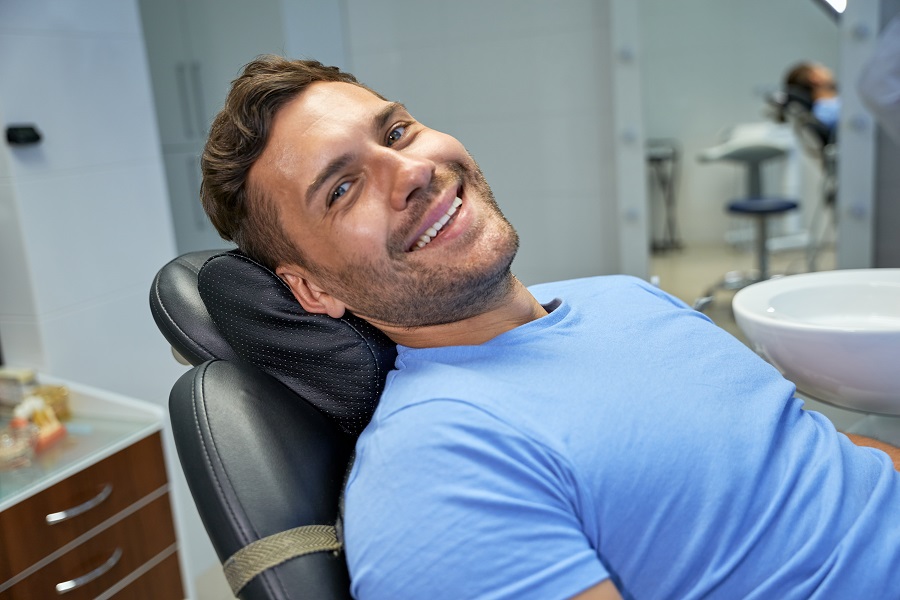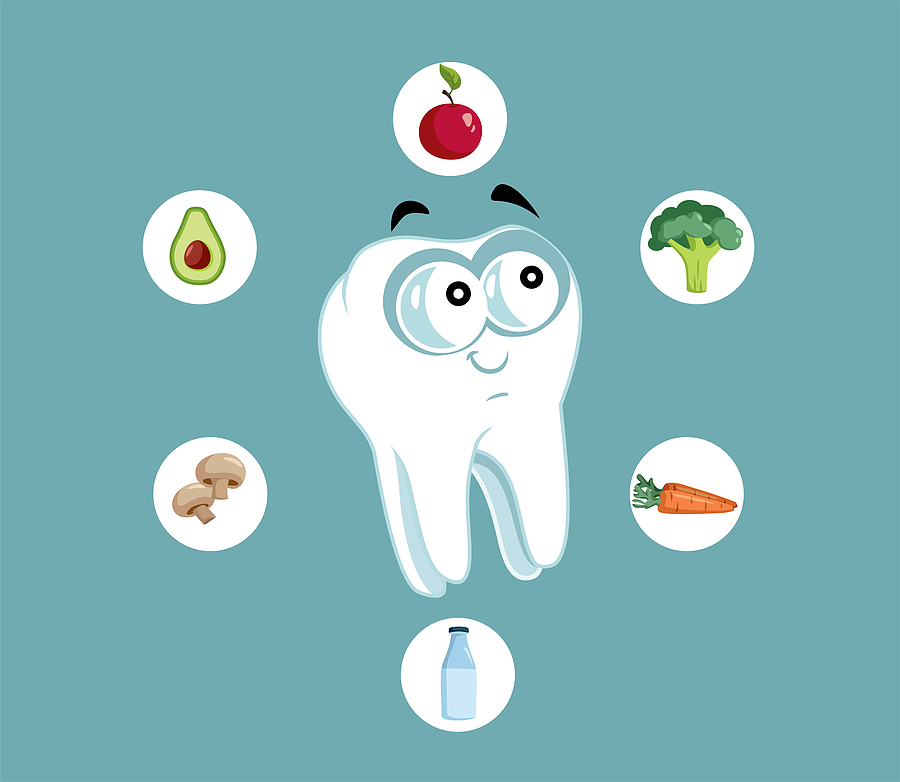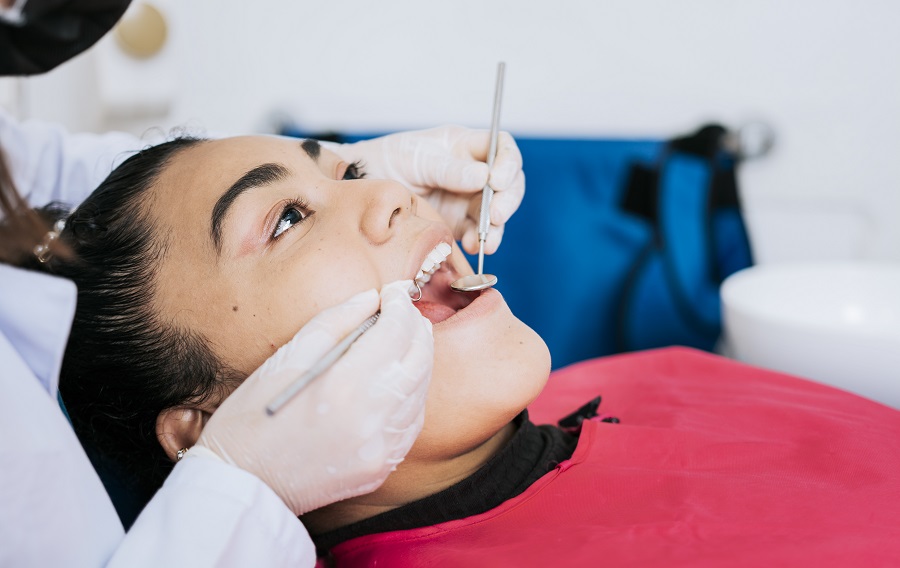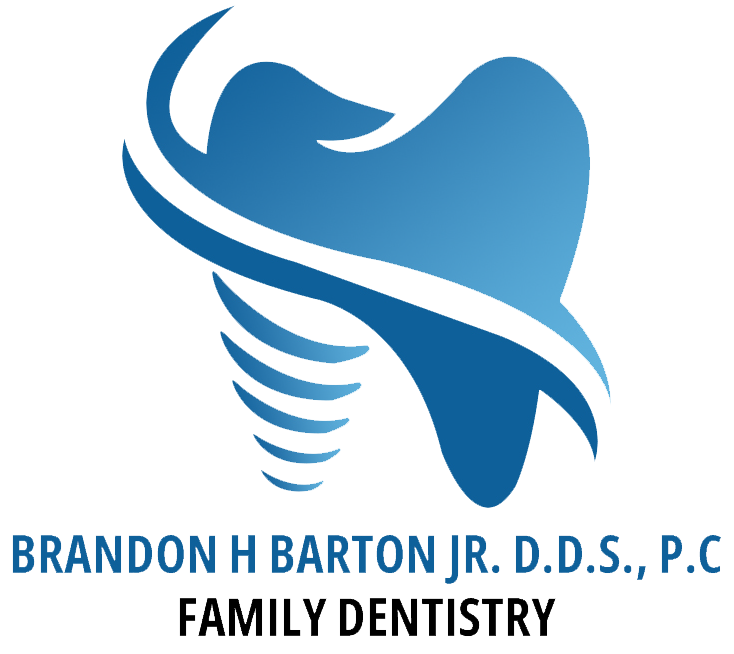A Step-by-Step Guide: What Happens During an Oral Examination?
Posted by Dr. Brandon Barton May 12,2024
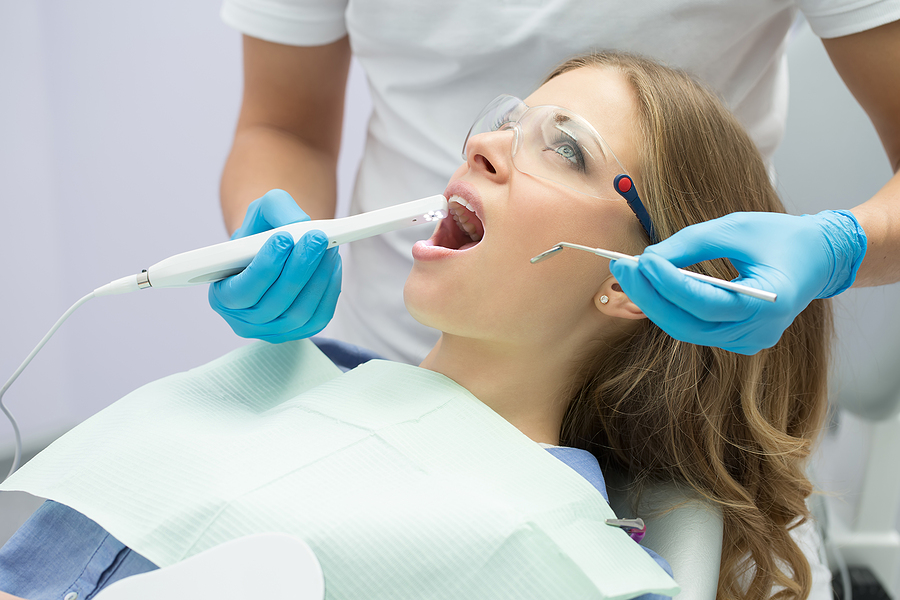
Are you due for an oral examination? The health of your mouth and throat plays a crucial role in your overall well-being. In this step-by-step guide, we'll take you through what to expect during an oral examination in Detroit, MI. From checking in to final recommendations, let's dive into the importance of these essential appointments and how they can help keep your smile shining bright!
The Importance of Oral Examinations
Regular oral examinations are vital for maintaining good dental health. These appointments allow dentists to detect any issues early on, preventing more significant problems down the road. Oral exams can uncover signs of decay, gum disease, and even oral cancer that may go unnoticed otherwise. By catching these issues early, treatment can be more effective and less invasive.
Furthermore, oral examinations help identify any areas of concern in your mouth or throat that could impact your overall health. Your dentist can provide personalized recommendations for improving your oral hygiene routine and addressing specific dental concerns. Additionally, regular check-ups contribute to preventive care by helping you stay on top of any potential problems before they escalate.
In Detroit, MI, prioritizing your oral health through routine examinations is key to a healthy smile and well-being.
Preparation for an Oral Examination
Preparing for an oral examination is essential to ensure a smooth and efficient visit to your dentist. Start by scheduling your appointment at a convenient time that allows you to arrive without feeling rushed. Remember to bring any relevant medical records or information about medications you are currently taking.
On the day of the exam, it's advisable to brush and floss your teeth before heading in. This not only shows consideration for your dentist but also ensures a clearer view of your oral health. Be prepared to discuss any concerns or symptoms you may have been experiencing regarding your mouth, teeth, or gums.
Wearing comfortable clothing can make sitting through the examination more relaxed and less stressful. Consider bringing headphones if dental sounds make you anxious, as listening to music can help distract from any discomfort during certain procedures. Most importantly, stay calm and remember that oral examinations are routine procedures designed to keep your smile healthy and vibrant!
- Step 1: Checking in and Medical History
As you arrive for your oral examination in Detroit, MI, the first step is checking in at the reception. The friendly staff will greet you and ensure all necessary paperwork is completed. Providing your medical history is crucial as it helps the dentist understand your overall health and any conditions that may impact dental care.
Be prepared to answer questions about medications you are taking, allergies, past surgeries, and any dental concerns you may have. This information allows the dentist to tailor their approach to suit your specific needs during the examination.
Remember, being honest and thorough when discussing your medical history can help prevent complications or interactions with treatments. Your well-being is of utmost importance, so feel free to communicate openly with your healthcare provider throughout this process.
- Step 2: Physical Examination of the Mouth and Throat
During an oral examination, the physical examination of the mouth and throat is a crucial step in assessing your overall oral health. The dentist in Detroit, MI will begin by visually inspecting your lips, gums, tongue, and other soft tissues for any abnormalities or signs of infection. They will also check for redness, swelling, or lesions that may indicate underlying issues.
Next, the dentist will examine your teeth to look for cavities, cracks, or signs of decay. They may use dental tools to gently probe around the gum line to check for periodontal pockets or gum disease. This part of the exam helps identify any areas that require further attention or treatment.
Furthermore, the dentist will assess your bite alignment and jaw function to ensure there are no issues with your temporomandibular joint (TMJ). By examining these areas closely during an oral examination in Detroit, MI., dentists can detect early warning signs of potential problems and provide appropriate recommendations for preventive care.
- Step 3: Dental X-rays or Imaging Tests
When it's time for dental X-rays during your oral examination, the dentist may ask you to wear a protective apron to shield your body from radiation. The process is quick and painless, as the dental assistant will position the imaging equipment around your head to capture detailed images of your teeth and jaw.
These X-ray images are essential for detecting hidden issues like cavities between teeth, impacted wisdom teeth, or bone loss due to gum disease. With advanced technology, dentists can now obtain high-quality digital X-rays with minimal exposure to radiation compared to traditional film X-rays.
In some cases, the dentist may recommend additional imaging tests like panoramic X-rays or cone beam computed tomography (CBCT) for a more comprehensive view of your oral structures. These specialized tests provide valuable information when planning treatments such as dental implants or orthodontic procedures.
Remember that regular dental X-rays play a crucial role in maintaining good oral health by allowing dentists to identify problems early on before they escalate into more serious conditions. Trusting in these diagnostic tools ensures that you receive optimal care tailored to your specific needs.
- Step 4: Oral Cancer Screening
During an oral examination in Detroit, MI, one crucial step is oral cancer screening. This part of the exam involves a thorough inspection of your mouth for any signs or symptoms that could indicate the presence of oral cancer.
Your dentist will examine your lips, tongue, cheeks, palate, and throat to look for any abnormalities such as red or white patches, sores that won't heal, lumps, or swelling. Early detection of oral cancer can significantly increase the chances of successful treatment and recovery.
The screening process is painless and quick but plays a vital role in ensuring your overall oral health. Regular screenings are essential even if you don't have any symptoms, as they help in detecting potential issues early on.
By incorporating an oral cancer screening into your routine dental check-ups, you are taking proactive steps towards maintaining good oral health and potentially saving lives through early detection. Call us to learn more.
- Step 5: Periodontal Assessment and Cleaning
During a periodontal assessment, the dentist in Detroit, MI will examine the health of your gums and supporting structures. This step is crucial in detecting early signs of gum disease or gingivitis. The dentist will use a small probe to measure the depth of spaces (pockets) between your teeth and gums. Deeper pockets can indicate gum inflammation or infection.
After assessing your periodontal health, the dental hygienist will perform a thorough cleaning to remove plaque and tartar buildup. Using specialized tools, they will clean above and below the gumline to prevent further progression of gum disease. This process helps maintain healthy gums and prevents issues like bad breath or bleeding gums.
Regular professional cleanings are essential for maintaining optimal oral health. Your dental team may also provide personalized tips on how to improve your at-home oral hygiene routine based on their findings during the assessment and cleaning process. Remember, prevention is key when it comes to preserving your smile!
- Step 6: Final Recommendations and Next Steps
Once the oral examination is complete, your dentist will provide you with their final recommendations based on the findings. This may include suggestions for further treatment or preventive measures to maintain your oral health. Your next steps will depend on the outcome of the examination and any follow-up care that may be required.
If there are any issues identified during the examination, your dentist will discuss possible treatment options with you. It's essential to follow through with any recommended treatments to address dental concerns promptly and prevent them from worsening over time.
In some cases, additional visits for specialized care or procedures may be necessary. Your dentist will outline a plan tailored to your specific needs and a timeline for addressing any dental issues that were detected during the examination.
Remember, maintaining regular check-ups and following your dentist's recommendations are key to keeping your smile healthy and bright!
Conclusion
Oral examinations are a crucial aspect of maintaining good oral health. By following the step-by-step guide outlined above and regularly visiting your dentist in Detroit, MI, for check-ups, you can ensure early detection of any potential issues and receive appropriate treatment. Remember, prevention is always better than cure when it comes to your oral health. So take the necessary steps to prioritize regular oral examinations and keep that smile healthy and bright!
Visit Brandon H. Barton Jr., D.D.S., P.C., at 11200 E McNichols Rd., Detroit, MI 48234, or call (313) 521-6400 to schedule your next oral examination and invest in the well-being of your oral and overall health.
More Blog Posts
Contact Us
11200 E McNichols Rd.,
Detroit, MI, MI, 48234
Email: Schedule1@bartondental.net
Phone: (313) 521-6400
Working Hours
MON - THU8:30 am - 5:30 pm
FRI - SUNClosed

